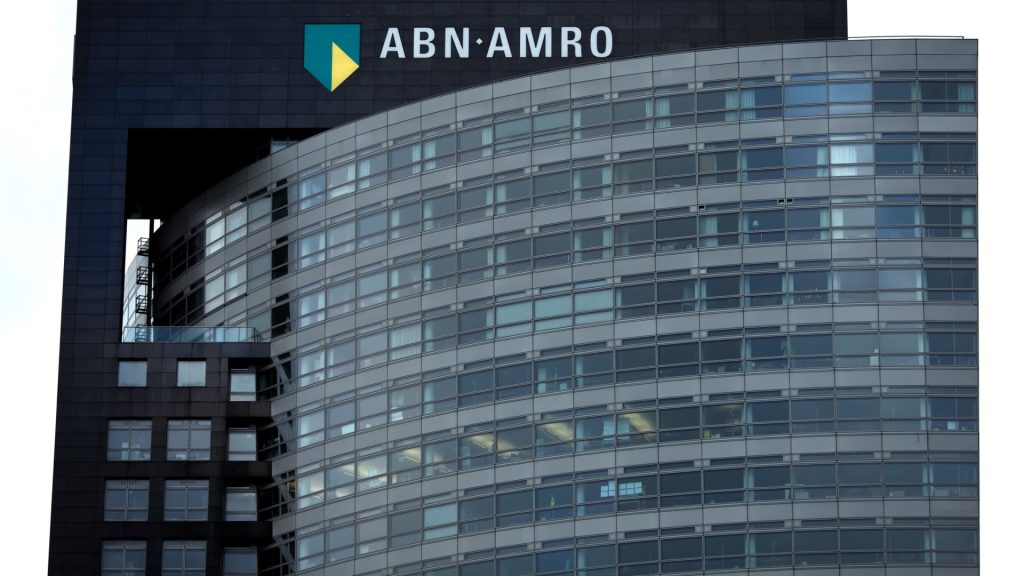The Dutch government on Tuesday said it will reduce its stake in lender ABN Amro by a quarter to 30% through a trading plan.
Shares of the Dutch bank traded 1.2% lower at the market open and was last down 0.6% as of 9:15 a.m. London time.
The Dutch government, which currently holds a 40.5% interest in ABN Amro, announced via its investment vehicle firm NLFI that it will sell shares using a pre-arranged trading plan set to be executed by Barclays Bank Ireland.
In September, the government had said it sold shares worth about 1.17 billion euros, bringing its shareholding under 50%. It used part of the proceeds to pay off some of the state’s debts.
ABN Amro was bailed out by the state during the 2008 financial crisis and later privatized in 2015. The government started reducing its shareholding in the firm last year.
The lender came into state ownership “to ensure the stability of the financial system and not as an investment to make a return,” the Finance Minister Eelco Heinen said in a letter to parliament, reiterating previous statements on the government’s intentions.
In order to recoup what the government’s total expenditure, the entire remaining stake would have to be sold at a price of 31.49 euros per share, Heinen said in September, adding that it is “not realistic” that such a price will be achieved in the short term.
As of the Monday close, ABN Amro’s share price was 15.83 euros.
Rebound in shares
The banking sector has been in the spotlight of late, after UniCredit‘s move to take a stake in German lender Commerzbank sparked questions on cross-border mergers in Europe and the lack of a complete banking union in the region.
Governments have been capitalizing on a rebound in shares to sell their shareholdings in banks that were taken over during the financial crisis. The U.K. and German administrations have both made moves this year to reduce their respective shareholdings in NatWest and Commerzbank.
ABN Amro was the subject of acquisition speculation last year, when media reports claimed French bank BNP Paribas was interested in the Dutch lender. At the time, BNP Paribas denied the reports.
Read the full article here
